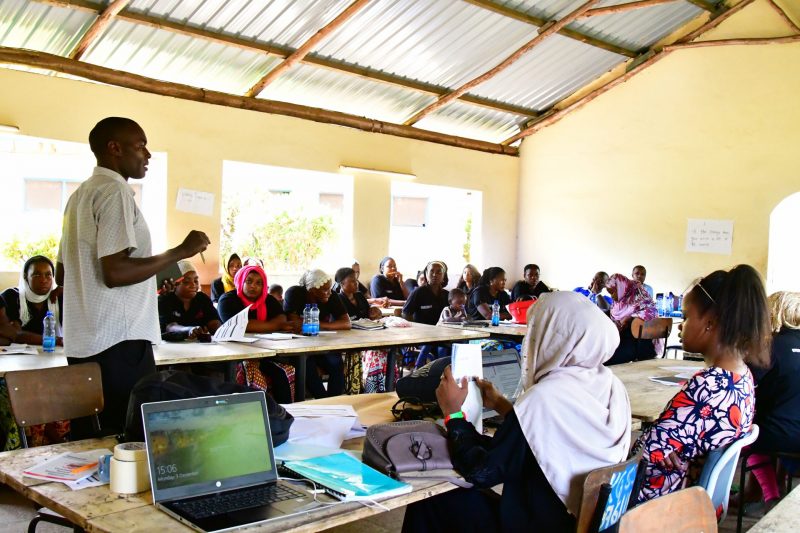Telling signs of abuse
With the increase of the number of cases of abuse it is very important to know and to identify signs of abuse. They are quite general and most of the times are not indicative of abuse. However, should you see someone showing the following signs, please find out what could be troubling them;

- The person has changed in terms of their behaviour. Victims of abuse will become secluded and start avoiding social gathering. This could be because they are either terrified of their abusers or they are ashamed about the fact that they are being abused. The victims could also start wearing heavy makeup or clothes to hide their face or their scars. Victims of emotional abuse may start doubting themselves or have low self-esteem, which may have not been present before.
- Victims of physical abuse usually have injuries which they themselves cannot explain or have weak excuses for. They at times become defensive, angry or emotional when they are probed further on what happened. They want people to know that everything is fine, but in reality they are afraid if people continue asking questions their abusers will blame them for not making up better excuses. Most of the times when the victims go to the hospital, they get asked by the nurses or doctors about what happened. However, they are usually accompanied by their abusers who want to make sure they do not report the abuse. When asked, the victims collaborate the abusers’ stories without question.
- The most important sign to watch out for is signs of control. Most abusers want to control their victims. When they feel they have no control they resort to physical, emotional or sexual abuse. The victims will most likely be on their phones calling and texting where they are and what they are doing to their abusers. This is in an effort to make sure the victims do not report the abuse they face. Whenever the victims are around the abuser, as stated above, they tend to keep quiet, are submissive or they agree with everything their abusers are saying. The victims will also be constantly asking for permission or approval from their abuser before they do anything, which may not have been the case before.
If you ever get a chance to spot any of these signs, please do not assume that they mean the person is being abused or take matters into your own hands. Approach with caution, investigate and find out if really the person is being abused. Once you have established the person is being abused, make sure you report the matter to the relevant authorities. We all have a responsibility in addressing cases of abuse. Report it before it is too late.
SASA! Initiative
In order to identify and create awareness concerning abuse, violence on women and children, the Coalition on Violence against Women (COVAW) uses the SASA! approach. SASA! is a Swahili word that means “Now” and it is an acronym for the four phases that are used to engage the community to build their capacity to prevent and respond to cases of abuse and violence.
S – Start. This is the initial phase of the project where the community members are made aware that they have the power to stop cases of abuse.
A – Awareness. The community is then informed about power and the fact that during abuse the perpetrators use power over the victims to make them submit to their control.
S – Support. The community members are then trained that they can support the victims of abuse. They support by joining their ‘Power with Others’.
A – Action. The community members are encouraged to take action and use their power to prevent abuse.
(SASA! is a model developed by Raising Voices, Uganda)
Report the cases to:
The Healthcare Assistance Kenya Hotline
1195,
Childline Kenya
116,
The National Police Service Hotline
999, 112, 911
COVAW
0722 594794 or 0733 594794
info@covaw.or.ke
References
Help Guide. Org. (2018) Domestic violence and abuse: Recognizing the signs of an abusive relationship and getting help. Retrieved from https://www.helpguide.org/articles/abuse/domestic-violence-and-abuse.htm on 3rd October 2018
Raising Voices (2018). SASA! is a ground-breaking community mobilization approach developed by Raising Voices for preventing violence against women and HIV. Retrieved from http://raisingvoices.org/sasa/ on 4th October 2018
Very Well Mind. (2017). Top warning signs of domestic abuse. Retrieved from https://www.verywellmind.com/signs-someone-is-being-abused-66535 on 3rd October 2018
